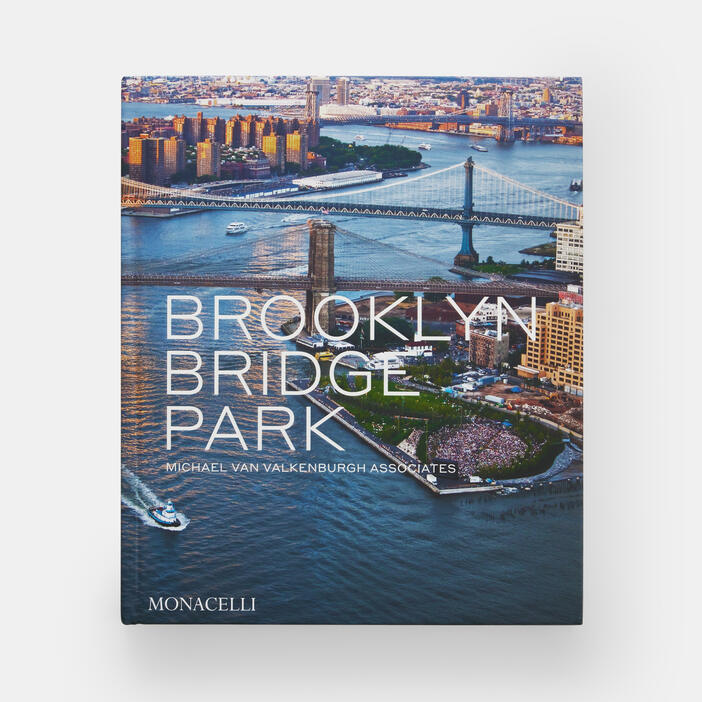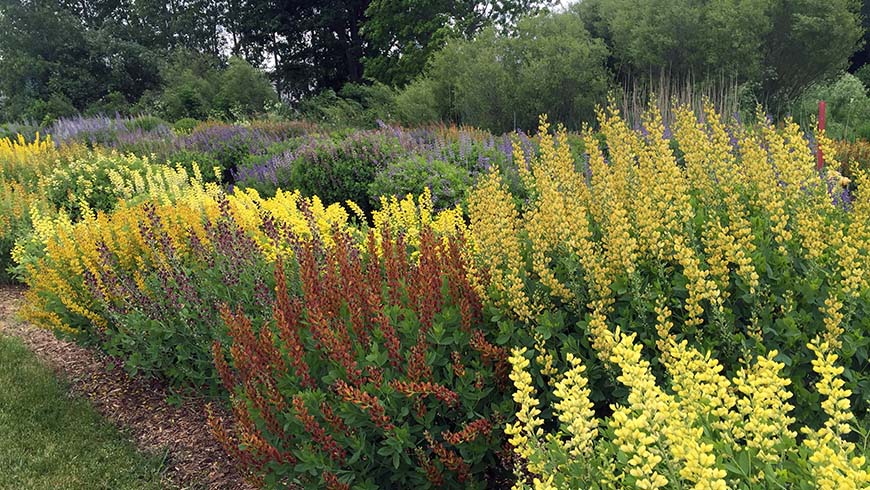The JC Raulston Arboretum at NC State University’s 40th Anniversary Symposium will take a look forward to what the next 40 years have in store for the gardening world. From landscapes that are in harmony with the natural world and cultivating edibles native to our own woodlands to breeding and collecting plants suited to 21st century landscapes, we’ll hear from some of the brightest lights of the next generation of horticultural heavyweights including Matthew Pottage the youngest ever curator for the Royal Horticulture Society’s crown jewel garden— Wisley, one of the premiere display gardens not only in England but anywhere in the world.
Other speakers include cutting edge plant breeder, Hans Hansen; ecological designer, Rebecca McMackin; taxonomist/explorer, Aaron Floden; landscape designer, Claudia West; assistant professor, Jared Barnes, Ph.D.; and North Carolina’s own maple nuts, Matt and Tim Nichols.
One presentation is entitled Propagating Horticulturists: A Cultural Guide for Cultivating the Future of Horticulture.
Propagation is a cornerstone of horticulture. We are incredible propagators of plants, but a challenge we face is how do we propagate horticulturists? In this timely and lively talk, Jared Barnes, current horticulture professor at Stephen F. Austin State University, will discuss the similarities in how we sow seeds and how we expose youth to horticulture, in how we take cuttings and how we help amateur gardeners continue to take root, and in how we graft two different species together and how we bridge a connection between plants and other hobbies and interests. This NC State alumnus will also show in this talk that by using this language and mind-frame along with our understanding of the art, science, and craft of propagation, we can connect with more people and develop a cultural guide for propagating horticulturists.
Exploration, Discovery, and Bridging Botany and Horticulture is the topic of Aaron Floden, Ph.D. Explorations in eastern North America and the less-explored parts of Asia reveal novelties in the scientific realm from both regions with a strong focus on plants with horticultural interest. A strong focus will be Polygonatum and related genera, some North American natives, and numerous genera from Asia where we’ll visit the least explored part of the Himalaya in Arunachal Pradesh, India, the Dabashan in central China, and the north of Vietnam on the border with China.
International Maples of Mystery is next. Japanese maples selections are made all over the world. Matt and Tim Nichols will discuss unique Japanese maple selections made from all over the world with a focus on their most recent plant excursion to Japan which included wild collecting maples, visits of Tsukasa Maple, Kobayashi Nursery, Kobayashi Momiji En, World Maple Park, and much more.
Wisley — The New Chapter for the Flagship Garden of the Royal Horticultural Society is presented by Matthew Pottage. Wisley has been gardened for over 100 years and boasts the largest collection of cultivated plants in the United Kingdom. Attracting over one million visitors per year, Wisley is at the dawn of a new chapter with over £60 million pounds worth of investment planned over the next ten years, coupled with the appointment of Matthew Pottage, the youngest curator in the Society’s history.
Planting in a Post-wild World will explore how we live in a global city and few wild places remain in today’s world. Planting designers have the opportunity and responsibility to bring wildness and ecological value back into our landscape. This challenge requires a new form of planting design that works with natural principles and marries horticulture with ecology. Join Claudia West as we explore how native plants will fit into our future landscape and how plant community based design strategies can help you meet aesthetic and ecological goals during your next planting project.
Hans Hansen will speak on New Plant Development at Walters Gardens. Hans Hansen is the director of new plant development and plant breeding at Walters Gardens in Zeeland, Michigan (pictured below) – a position he ‘s had for seven years. Before Walters Gardens, Hans was the director of research and development at Shady Oaks Nursery in Waseca, Minnesota, for over 15 years. Hans ‘s current breeding projects include refining U.S. natives for more ornamental and useful urban garden use. His most extensive projects include Baptisia, Monarda, Phlox, ×Mangaves, Heuchera, and Hibiscus breeding programs.
Also on the program will be Rebecca McMackin, Director of Horticulture for Brooklyn Bridge Park, along with an auction and book sale. Call Chris Glenn at 919-513-7005 to register, and visit www.jcra.ncsu.edu. Program registration is $180, which does not include transportation or hotel. The event will be held in the Ruby C. McSwain Educatin Center, 4415 Beryl Road, Raleigh, North Carolina.









